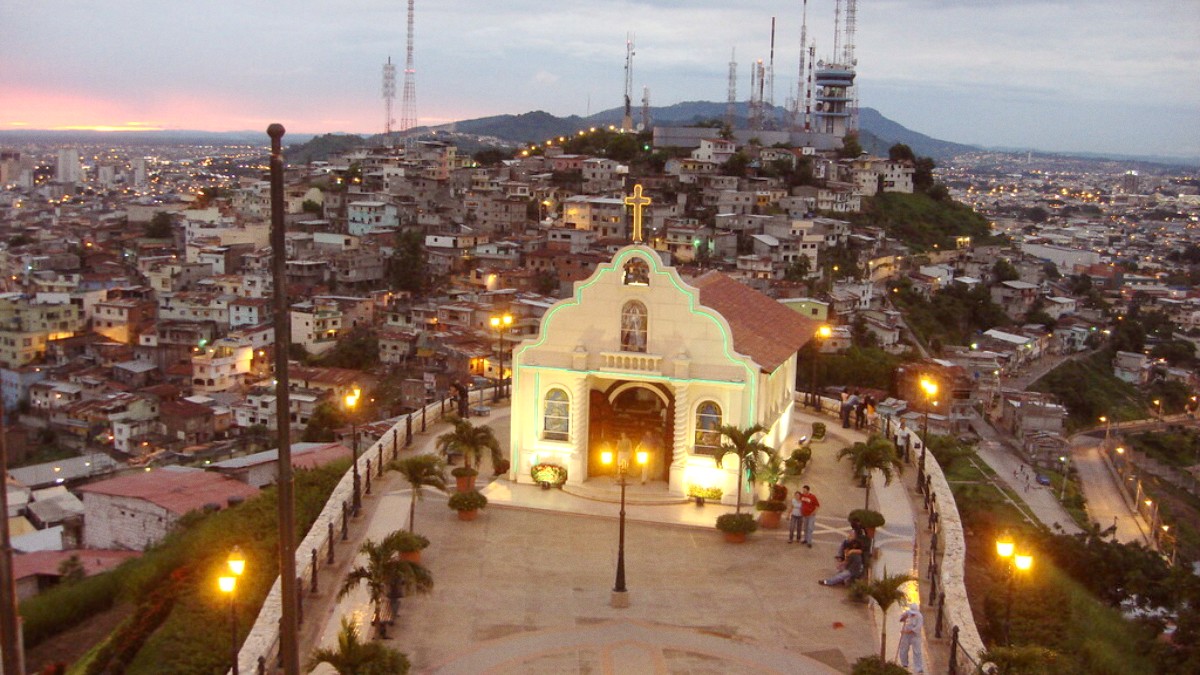
Pacific Coast And Lowlands, Ecuador
Support conservation through visits and adherence to park rules.
Minimize plastic waste and dispose of trash properly.
Be mindful of water usage in hotels and facilities.
Make conscious choices to lessen your environmental footprint.
Guayaquil adjacent to Manglares Churute Ecological Reserve and Bosque Protector Cerro Blanco, for biodiversity.
Waste management is improving, but recycling infrastructure is less developed than in many Western countries.
While Guayaquil has access to the Guayas River, water resources are important to manage responsibly.
Consider purchasing carbon offsets for your international and domestic flights.
Look for hotels or tour operators demonstrating a commitment to environmental sustainability. Ecobnb lists eco-friendly stays.
Choose operators who respect wildlife, use sustainable practices, and contribute to local conservation. G Adventures offers ethical tours.
Pack reusable items to lessen waste during your trip. Package Free Shop for reusable essentials.
Engage with Guayaquil's culture respectfully and ethically.
Support local cultural preservation by visiting and contributing to cultural heritage sites like Las Peñas and Parque Histórico Guayaquil.
Making an effort to speak Spanish shows respect for the local culture. Politeness and patience are highly valued.
Always ask for permission before photographing people, especially children, or in private settings.
Dress respectfully (shoulders and knees covered) when entering churches or other religious sites.
Ensure your travel benefits local communities directly.
Eat at local restaurants ("huecas"). Stay in locally-owned guesthouses. Hire local guides for tours.
Purchase souvenirs directly from artisans at markets. Look for "Hecho en Ecuador" (Made in Ecuador) labels.
Donate through established and reputable local non-governmental organizations (NGOs) or charities.
Seek out fair trade certified coffee and cacao products to support equitable practices. The Rainforest Site supports conservation.